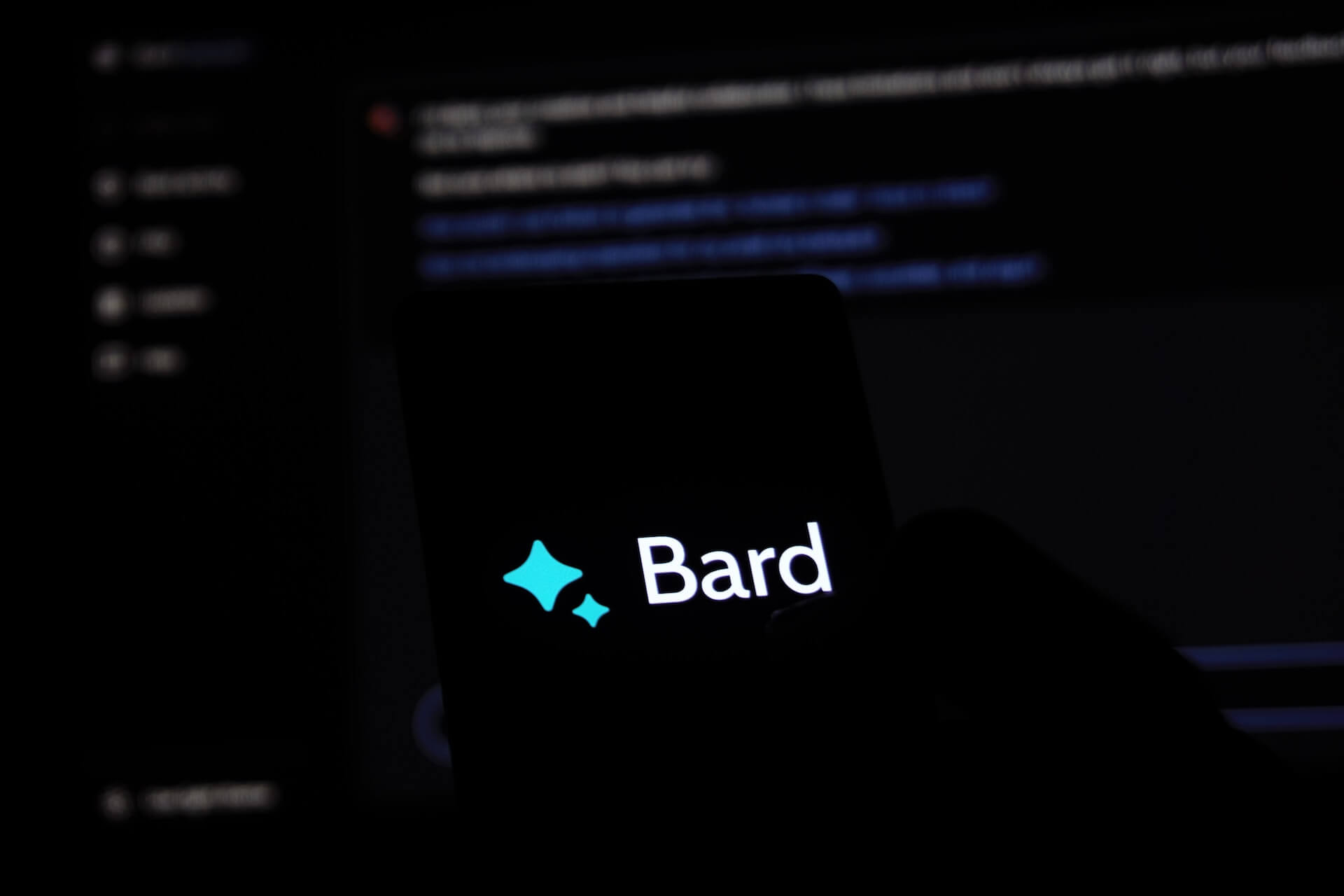Google’s Bard: A Comparative Analysis Against AI Powerhouses

I was recently granted the privilege of testing Google’s conversational assistant, Bard, which is currently accessible exclusively in the UK and the US.
Living in Madrid, Spain, I leveraged a VPN to simulate a UK connection, allowing me to request access. After a six-day wait, my invitation was approved. However, Bard’s accessibility is currently restricted to US English, and it can only be accessed with a VPN connection. Without it, the system indicates its unavailability in your region.
Functional Constraints and Shortcomings
Aside from linguistic limitations, Bard exhibits noteworthy shortcomings. It lacks the ability to incorporate fonts into responses, a feature found in Perplexity.ai and ChatGPT. Moreover, recalling prior points in a conversation proves challenging for Bard. Requesting it to revisit a topic from ten minutes ago often results in refusal or confusion.
According to the FAQ, Bard is not well-equipped to assist with coding. Although it can handle basic code-related queries, in-depth coding support remains outside its scope. Furthermore, it’s notable that Bard’s FAQ mentions potential “hallucinations” in its responses, reflecting the algorithm’s limitations in self-referential inquiries.
Evaluating Bard’s Output and Engagement
Post each interaction, Bard introduces a feedback mechanism featuring thumbs-up and thumbs-down icons for user ratings. Additionally, a “Google it” button is incorporated, which suggests related conventional search engine queries.
A Step Behind the Leaders
Amid numerous exchanges, Bard’s capabilities pale in comparison to advancements seen in ChatGPT and Perplexity.ai. Existing comparisons align closely with my observations. Surprisingly, Bard lacks the prowess of its counterparts—an unexpected situation for Google, historically at the forefront of machine learning’s potential.
The Innovator’s Dilemma: Google’s Struggle
Google’s inability to match its competitors’ advancements raises questions. Why did a pioneering company like Google, renowned for its early commitment to machine learning, fall short in response to ChatGPT’s surge? While OpenAI’s rise wasn’t unforeseen, Google’s reaction seems subpar.
The Root Causes: Unfinished Products, Search Costs, and Business Models
Three factors underpin this predicament. First, Google’s hesitancy in launching an unfinished product—a risk its competitors embraced. Second, concerns about adopting a higher search cost—something competitors readily accepted. Lastly, the challenge of reimagining a business model that minimizes clicks on sponsored results is a cornerstone of Google’s revenue.
The Road Ahead
Despite Google’s extensive experience in machine learning, it finds itself lagging behind Bard due to these complex factors. While the future remains uncertain, this current predicament stands as a testament to a missed opportunity. It remains to be seen whether Google can reclaim its position, but for now, history will remember this moment—a point of vulnerability for an industry titan.
This article was authored by Enrique Dans and is syndicated by Wealth of Geeks.




